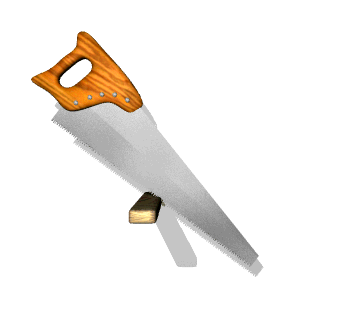Job Hunters Searching For Help In Too Many Places
There are so many places to go today for help with your job search it is hard to know what is right, who is the best, what advice you should follow, and if you are doing things effectively. Everybody has a different opinion. Should you use Twitter, how much time to spend networking, do you need to change your resume, is your cover letter the best, what do to in an interview, etc.
What’s a candidate to do?
It really isn’t all that difficult to figure out. The answer is simple. It isn’t any different than other decisions you make, whether buying a home, buying a car, selecting a plumber or contractor, or what finance company to use. You first decided what you needed (that was what YOU need), you then do your homework, seek out an expert in what you need, ask for referrals, if none are available you want to test drive the product or review their work, then you decide.
Do the same in your job search. Filter out all the distractions. There are a lot of very good experts out there to help you. You just need to get the one that will work best with you and what you need in your search.
Some filtering ideas:
1) Identify exactly what you want or need help with. Don’t let some one else try to sell you on what they have to offer you. If your resume isn’t working, get an expert to help you with it, if you are getting interviews but not offers focus on that, if you are not familiar with using the Internet in your job search get help there, and if this is your first time looking in a long time you might need help with all aspects of your search.
2) Do your homework. Look around at what others are doing. Pick a book that has a reputable author. By reputable I don’t mean just because they wrote a book they are experts. Review that authors background. Are they an expert in what you need? What makes them an expert? What accomplishments do they have similar to what you need? Ask for referrals. Read their book. Does it align with what you are seeing in the market and from other candidates?
3) Ask others for referrals. Who do they use to help them? If you don’t have a person to ask go on-line. In today’s world you can check out people and their credibility very easily. For example, if my partner Barry Deutsch or myself were referred to you or you simply wanted to check us out, all you have to do is Google our names. Look us up on Linkedin. There is adequate information out there on us and our firm for you to decide if we are credible and provide the services you need. It is the same for any expert in the job search business today. If that information isn’t available – run.
4) Can you test drive their services? Once you identify one or two people, due your due diligence. Can you test drive their products, can they provide examples of their services, can they produce a prototype for you, ask them for suggestions and decide if these make sense. Is the person responsive, have references, will they work with you as opposed to you working with them?
5) Then select the one or two experts you feel will best benefit you and work with them. Use them and abuse them. Forget about all the distractions out there. This is the best person for you and that is what works. If for some reason it doesn’t, then start the process again, just like you would with any other product or service. If you don’t like your banker, doctor, financial advisor, CPA, or the person doing your taxes, you move on and find someone else. Why should it be any different in a job search?
You should join our Linkedin Job Search Networking Group. It is free, has over 3300 members and an extensive amount of resources for you. CLICK HERE to join.
You can also get a FREE sample cover letter to help you. Over 2000 people have downloaded this. CLICK HERE to download yours.
Finally you can test drive our job search workbook to see if it is right for you. We will ship it to you for only $5. It is FREE for you to read and check out to see if it is right for you. We practice what we preach CLICK HERE to get yours. Readers have rated this book 4.5 stars out of 5.







